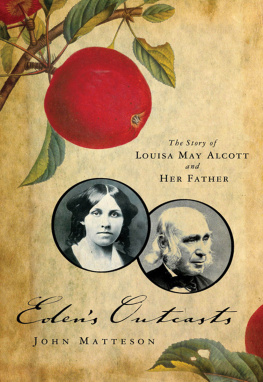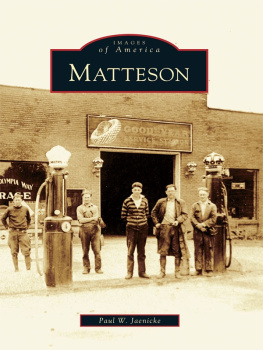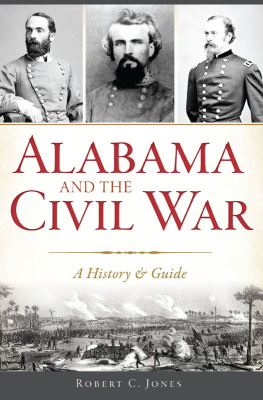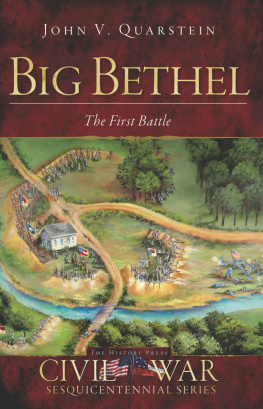John Matteson - A Worse Place Than Hell: How the Civil War Battle of Fredericksburg Changed a Nation
Here you can read online John Matteson - A Worse Place Than Hell: How the Civil War Battle of Fredericksburg Changed a Nation full text of the book (entire story) in english for free. Download pdf and epub, get meaning, cover and reviews about this ebook. year: 2020, publisher: W. W. Norton & Company, genre: Detective and thriller. Description of the work, (preface) as well as reviews are available. Best literature library LitArk.com created for fans of good reading and offers a wide selection of genres:
Romance novel
Science fiction
Adventure
Detective
Science
History
Home and family
Prose
Art
Politics
Computer
Non-fiction
Religion
Business
Children
Humor
Choose a favorite category and find really read worthwhile books. Enjoy immersion in the world of imagination, feel the emotions of the characters or learn something new for yourself, make an fascinating discovery.

- Book:A Worse Place Than Hell: How the Civil War Battle of Fredericksburg Changed a Nation
- Author:
- Publisher:W. W. Norton & Company
- Genre:
- Year:2020
- Rating:4 / 5
- Favourites:Add to favourites
- Your mark:
- 80
- 1
- 2
- 3
- 4
- 5
A Worse Place Than Hell: How the Civil War Battle of Fredericksburg Changed a Nation: summary, description and annotation
We offer to read an annotation, description, summary or preface (depends on what the author of the book "A Worse Place Than Hell: How the Civil War Battle of Fredericksburg Changed a Nation" wrote himself). If you haven't found the necessary information about the book — write in the comments, we will try to find it.
John Matteson: author's other books
Who wrote A Worse Place Than Hell: How the Civil War Battle of Fredericksburg Changed a Nation? Find out the surname, the name of the author of the book and a list of all author's works by series.
A Worse Place Than Hell: How the Civil War Battle of Fredericksburg Changed a Nation — read online for free the complete book (whole text) full work
Below is the text of the book, divided by pages. System saving the place of the last page read, allows you to conveniently read the book "A Worse Place Than Hell: How the Civil War Battle of Fredericksburg Changed a Nation" online for free, without having to search again every time where you left off. Put a bookmark, and you can go to the page where you finished reading at any time.
Font size:
Interval:
Bookmark:
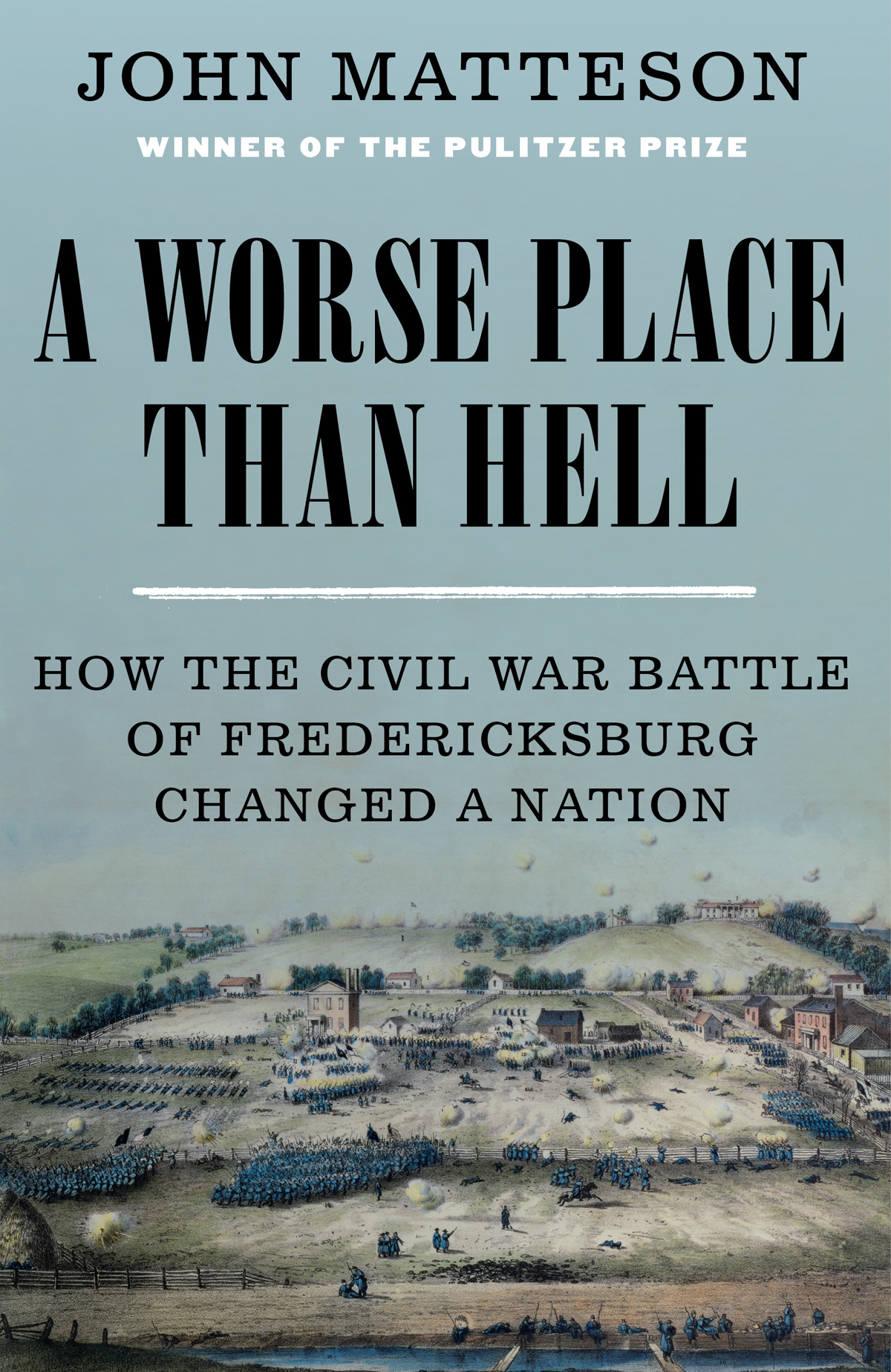
A
WORSE PLACE
THAN HELL
How the Civil War Battle of
Fredericksburg Changed a Nation

JOHN MATTESON

To a grand trio of friends, Stephen M. North, Scott Halvorson, and Pawe Jdrzejko, this book is respectfully inscribed.
Let me not then die ingloriously and without a struggle,
but let me first do some great thing
that shall be told among men hereafter.
HOMER , THE ILIAD ,
TRANSLATED BY SAMUEL BUTLER
Contents
A
WORSE PLACE
THAN HELL

S trange to say, Captain Holmes was laughing. There was little apparent humor in the moment, however, for on this overcast morning of September 17, 1862, in a bramble-strewn woodlot near Sharpsburg, Maryland, the young infantry officer was running for his life. He recollected later that he had laughed only to himself. Yet in the chaos sweeping through the grove, to be known forever as the West Woods, Holmes could have laughed out loud and still have attracted little notice. As his regiment retreated, they tried hard to preserve order. Here and there, however, men were succumbing to panic, melting, as one of them put it, like frost in the sunshine.
The joke that Holmes had in mind was a bitter one, and it had been played both upon him and on whoever relied on the newspapers of New England for truth about the ongoing civil war. Holmes had gotten his first taste of combat eleven months earlier at Balls Bluff, a battle that was already legendary as one of the Union Armys bleakest disasters. Driven backwards toward a steep embankment above the Potomac River, the ineptly led Federal forces had had no place to go but over the side. Countless men had fallen ingloriously down the slope. Many of those who survived the Rebel gunfire tried to escape by swimming away from their attackers. A shocking number, including two of the officers in Holmess regiment, were carried away by the current and drowned.
But now, in the West Woods, Holmes, a stalwart son of New England, was running as though his life depended on it as, in simple truth, it did. The absurdity was too rich for Holmes. As the Loungers praise reverberated in his mind, he felt laughter welling up inside him. What if another Rebel bullet were to strike him now? Getting shot in the back, he later remembered thinking, was not so good for the newspapers.
In the next instant, the laughing stopped. A bullet slammed into Holmess neck, tearing the flesh perilously close to his trachea, jugular, and spine. By the time he hit the ground, Captain Holmes was unconscious. At Balls Bluff, he had been conscious throughout his ordeal, and as he was being carried to an improvised field hospital, he had been lucid enough to meditate on the nature of military honor. This time, there was not an instant to reflect or wonder or regret not even a moment to tell himself, this is how it feels to die.

H OLMES DID NOT, HOWEVER, DIE OF his wound. Astonishingly, the bullet that struck him in the woods at Antietam managed to miss every vital piece of him. He recovered and fought on until July 1864. Yet throughout his service in the army, another Oliver Wendell Holmes Jr. was dying all along: the Holmes who had cherished an unexamined faith in the sanctity of duty; the Holmes who strove eagerly to please his father and thereby win his love; and, above all, the Holmes who believed that the universe made sense. In the place of that young man, another was slowly being born one who viewed skeptically the very nature of authority and who could no longer regard the cosmos as either orderly or just.
This book is part of the much larger story of a country that, diseased by slavery and sectional anger, broke apart and was then refigured and reborn. However, it is more concerned with the personal than the political. It tells the stories of five Americans and the paths they followed during the latter months of 1862. This book follows each of the five from the Battle of Antietam in September of that year until and in most cases well beyond President Lincolns signing of the Emancipation Proclamation on January 1, 1863. It speaks of the different ways in which each of them came face to face with the pain and slaughter of war and how each was transformed by the ordeal. The destinies of all five were brought together by the Battle of Fredericksburg in the second week of December 1862. The first of the five we have already met. For the second, a slender, graceful young artillery officer from Alabama with a preternatural eye for terrain, the fall of 1862 would be a season of exhilaration, culminating in a day of audacity and glory that would durably link his name with the adjective gallant. During these months, a third man, a poet whom the early months of war had depressed into sullen silence, would spend many evenings in a Manhattan cellar, gazing at the follies of beer-soaked bohemians. Then he would read in the newspaper accounts of Fredericksburg that his brother had been wounded. Seeking him there, the poet would also recover his own voice and would use the sights and sounds of war to rephrase the meaning of America. Still another figure, a man of God from an illustrious family, would wrestle with mortality, as his passions for abolition and personal vindication pushed his frail body toward its limit. The transformation that Fredericksburg and its aftermath would work upon the final member of the five, a self-described literary spinster from Concord, Massachusetts, was to be perhaps the most powerful of all. Rejecting the life of passivity to which her sex and social station might normally have consigned her, she would fling herself into the fight to save the Union and, in so doing, would nearly die. But, in coming close to losing everything, she would find a courage and a creative gift that would change the face of American literature and its perceptions of womanhood.
Oliver Wendell Holmes Jr., John Pelham, Walt Whitman, Arthur B. Fuller, Louisa May Alcott: some of the names still resonate; others have fallen partly or wholly into obscurity. But if these five had not lived, or if the calamity of Fredericksburg had never touched their lives, we would now inhabit a different nation. Beyond argument, other battles bore more heavily on the outcome of the Civil War. Viewed militarily, Fredericksburg was merely one in a series of Union blunders that tested the will of the Northern states before the tide eventually turned and the nation was preserved. As a matter of cultural significance, however, no battle of the war surpasses Fredericksburg. Through its impact on the thinking of Holmes, it modified the theory of American jurisprudence. Had Alcott never tended the wounded of Fredericksburg, it is unlikely that Little Women would ever have been written. Whitman, Americas most indispensable poet, later claimed the war was the fact of his life that shaped him more than any other, and it was Fredericksburg that drew him into the war. Though less well known, the gallant Pelham became a unique icon in the Confederate mythos. More than any other figure in the war, he came to epitomize the hyacinthine Southern hero, blooming early and dying young. More obscure than any of the others, Arthur Fuller offers not so much a cultural legacy as an enduring parable: a story of a man whose skills suited him best for peace and piety but whose destiny instead awaited him in war, and whose response to that destiny effaced the line between sublime courage and pitiable folly.
Font size:
Interval:
Bookmark:
Similar books «A Worse Place Than Hell: How the Civil War Battle of Fredericksburg Changed a Nation»
Look at similar books to A Worse Place Than Hell: How the Civil War Battle of Fredericksburg Changed a Nation. We have selected literature similar in name and meaning in the hope of providing readers with more options to find new, interesting, not yet read works.
Discussion, reviews of the book A Worse Place Than Hell: How the Civil War Battle of Fredericksburg Changed a Nation and just readers' own opinions. Leave your comments, write what you think about the work, its meaning or the main characters. Specify what exactly you liked and what you didn't like, and why you think so.

